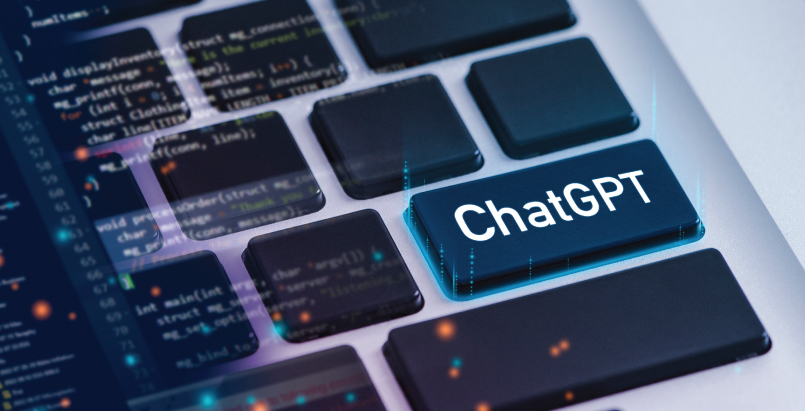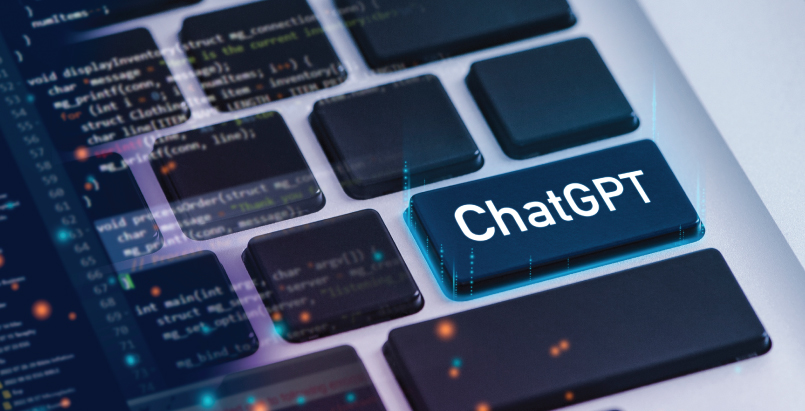The integration of AI and machine learning has undoubtedly had a profound impact on the advertising industry, particularly in content creation. In recent years smart algorithms have assumed a more prominent role in various facets of advertising. And now with the launch of Chat GPT, marketers can stay ahead of the curve with fast pace content generation.
Since its debut last November, Open AI’s ChatGPT has become the talk of the town in the advertising industry. It has the ability to generate meaningful, emotional, human-like copy with a degree of precision that has never been met before by any other Chatbot technology.
It is an advanced model that uses natural language processing and GPT-3 technology to generate high-quality content within a fraction of minute. The technology has the capacity to automate various advertising and digital marketing tasks like writing an article, ad copies and scripts. You will be surprised to know that it’s even known to calculate ad budgets and compile social media strategies.
This can provoke businesses to rely on AI-generated marketing content and write copy across different platforms, while completely ignoring the creative ad agencies. The direct anticipation is that ChatGPT and the new AI will immensely impact creative ad agencies by outpacing the human speed of research, brainstorm and content creation process.
However, experts have noted that the tool is yet to reach its fullest potential and businesses should not entirely depend on it. Although ChatGPT delivers low cost and high speed copy, it cannot surpass the skills and understanding of a highly experienced copywriter. Moreover, one of the biggest limitations of ChatGPT is to make content from scratch. It can very easily search and compile information available on the internet, but creating desired designs, and watching your idea come to life is a task too difficult for the tool.
The bottomline being, one should use ChatGPT to gain better understanding and to conduct research. Marketers will also need to acquire the ability to sort through AI content and polish the best output. They may bank on AI-generated content for references and thought starters but the final cut should always be the work of an expert in advertising.
While the question of the ethical use of AI generated content in advertising still remains, marketers will always come to a standstill when they reach the limits to what an AI can deliver. While AI may be the future in advertising, the truth is that creative ad agencies and ad tech companies are the present. While one can never replace the other, agencies can always harness the power of AI-driven tools to develop innovative solutions that automate ad operations and streamline content creation.








